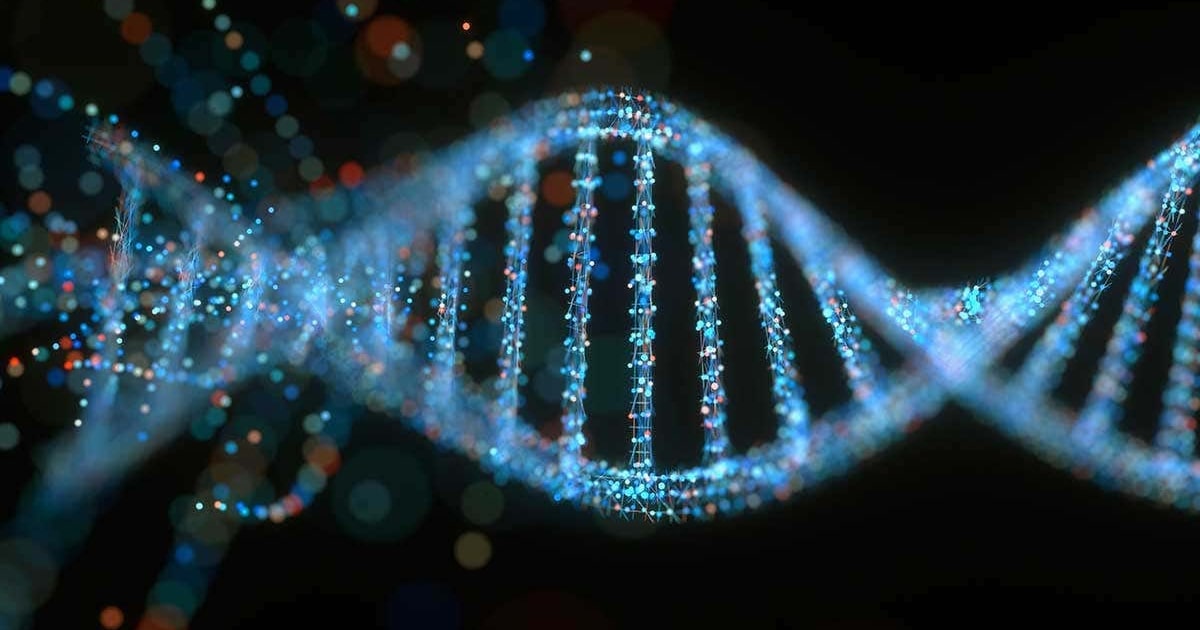
Expert Reviewed By: Dr. Brandon Colby MD
Understanding Dysfibrinogenemia
Dysfibrinogenemia is a rare inherited disorder that affects the blood clotting process. It is characterized by abnormal fibrinogen, a protein in the blood that plays a crucial role in clot formation. This condition can lead to an increased risk of bleeding (hypofibrinogenemia) or blood clot formation (thrombophilia) in affected individuals.
There are two main types of dysfibrinogenemia: congenital and acquired. Congenital dysfibrinogenemia is a result of genetic mutations, while acquired dysfibrinogenemia is usually caused by liver disease, cancer, or other medical conditions that affect fibrinogen production.
Diagnosing Dysfibrinogenemia
Diagnosing dysfibrinogenemia can be challenging due to its rarity and variable symptoms. The diagnosis is typically based on clinical findings, laboratory tests, and genetic analysis. Laboratory tests focus on measuring fibrinogen levels and clotting activity, which can help determine if the fibrinogen is dysfunctional.
Genetic testing plays a crucial role in confirming the diagnosis and identifying the specific genetic mutation responsible for the disorder. Recent studies have identified novel mutations in the fibrinogen genes, such as the Asp344Val substitution in the fibrinogen gamma chain1 and the Gly13Arg mutation in the fibrinogen Aα chain2, which cause dysfibrinogenemia and are associated with thrombosis.
Uses of Genetic Testing for Dysfibrinogenemia
Genetic testing for dysfibrinogenemia serves several important purposes:
- Confirming the diagnosis: Identifying the specific genetic mutation responsible for the disorder can help confirm the diagnosis and distinguish it from other clotting disorders.
- Understanding the clinical phenotype: Genetic testing can provide valuable information about the clinical presentation and severity of the disorder, as demonstrated in a study comparing clinical, genetic, and laboratory findings in patients with congenital dysfibrinogenemia3.
- Guiding treatment: Knowing the specific genetic mutation can help healthcare providers determine the most appropriate treatment approach for each individual.
- Family planning and genetic counseling: Genetic testing can help identify carriers of the mutation, allowing for informed family planning and genetic counseling for at-risk family members.
Treatment and Management of Dysfibrinogenemia
There is no cure for dysfibrinogenemia, and treatment primarily focuses on managing symptoms and preventing complications. Depending on the severity and clinical presentation, treatment may include:
- Anticoagulant medications to prevent blood clots
- Blood transfusions or fibrinogen replacement therapy for severe bleeding episodes
- Prophylactic treatment before surgical procedures or childbirth to minimize bleeding risk
Regular monitoring and follow-up with healthcare providers are essential to ensure proper management of the disorder and to address any complications that may arise.
Conclusion
Dysfibrinogenemia is a rare and complex blood clotting disorder that requires a comprehensive approach to diagnosis and management. Genetic testing plays a crucial role in understanding the disorder, guiding treatment, and providing valuable information for family planning and genetic counseling. As research continues to uncover new genetic mutations and their clinical implications, genetic testing will remain an essential tool in the battle against dysfibrinogenemia.
About The Expert Reviewer
Dr. Brandon Colby MD is a US physician specializing in the personalized prevention of disease through the use of genomic technologies. He’s an expert in genetic testing, genetic analysis, and precision medicine. Dr. Colby is also the Founder of and the author of Outsmart Your Genes.
Dr. Colby holds an MD from the Mount Sinai School of Medicine, an MBA from Stanford University’s Graduate School of Business, and a degree in Genetics with Honors from the University of Michigan. He is an Affiliate Specialist of the American College of Medical Genetics and Genomics (ACMG), an Associate of the American College of Preventive Medicine (ACPM), and a member of the National Society of Genetic Counselors (NSGC)